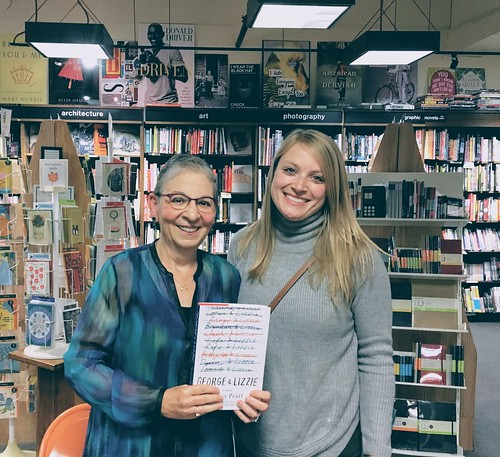
Editor’s note: We invited Lawrence alumni who have gone into library work to share with us what they do and how they got there. Here’s another in a series.
Thanks to the librarian alums who have gone before me on this blog and set the tone of telling the interesting story of how they came to be a librarian! It is one of those professions that prompts that question. From the outside, it’s not totally clear what librarians do. So it’s even less clear why or how someone came to find themselves in the role (other than being big readers, which not all librarians are.)
So here’s my story. During my four years at Lawrence, I was always on what felt like a pretty clear path: I would get really good grades, get my BA, and then go to grad school.
Senior year, I was nearing the end of that path. I had decided to explore journalism after a few years writing and editing for The Lawrentian. I was also armed with the knowledge that, despite working on an Honor’s Project in English, I did not want to pursue higher education in that subject because I did not want to be a professor. After a trip to New York City to explore NYU’s journalism program, I was totally disillusioned. I had a Rory Gilmore moment while there. I was used to being a sort of big fish at a small high school and then in the English department at Lawrence, but visiting a top journalism school in the Big Apple I felt like a single-celled organism floating in the Pacific Ocean. And I felt as spineless as one, too. In the end I graduated and then moved home with no plan.
Through twists and turns, I found myself 18 months post-Lawrence doing the tremendously unsatisfying work of a classified ad salesperson at a newspaper in North Dakota. One day I was walking my dogs and listening to a podcast of the public radio show, To The Best of Our Knowledge (produced right here in Wisconsin!). They were talking about public libraries, and profiled a book called This Book is Overdue! which I promptly went to the library to check out. In pretty quick succession, I applied for grad school, moved to Illinois, and spent two amazing years at University of Illinois Urbana-Champaign studying library science and working as a graduate assistant at the Undergraduate Library. Yes, Lawrentians: they have one whole library just for undergrads! Big schools are so weird!
Now, I am the Assistant Director at Shorewood Public Library.
A few important things happened along the way to becoming a librarian, many of them at Lawrence. I’ll use these experiences to give you an idea of what a librarian does, at least this librarian.
I didn’t have one of those highly coveted jobs at the Mudd, but my jobs on campus gave me what turned out to be relevant experience for what I do as a librarian. Editing at The Lawrentian taught me to work strategically with a team, focus my creativity and turn work around quickly for a deadline. Tutoring at the Center for Teaching and Learning taught me to communicate tricky concepts in easy to understand ways, lead by example, and engage the learner in the process. I call on the multi-dimensional education I got at Lawrence when someone asks me for help finding a definition of modernism in poetry, or finding information on African explorers in the New World, or when I select new music for our collection, or when I write and edit library policies and procedures, or when I have to clean up puke. If only I were joking.
When a young woman asked me recently why people started writing books (I can’t make this stuff up), the librarian in me had the patience and forethought to answer her question as simply as I could (no library patron needs to hear a dissertation, but many want to give you one), but it was the Lawrentian in me who had the knowledge and confidence to answer.
By Emily Passey Vieyra, Class of 2008
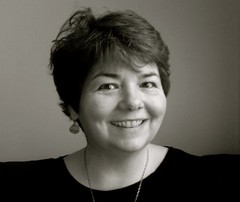
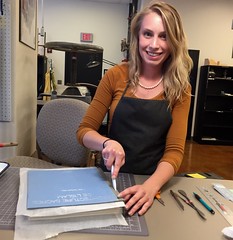 My path to librarianship has felt fluid and fated in many ways. With a multidisciplinary approach to a career in libraries, it is no wonder Lawrence has had such a huge impact on my path. I have always been a lover of books, spending much of my childhood and adult life immersed in literature and libraries. But it was fateful day at Lawrence University that set my sites on the world of books as my career.
My path to librarianship has felt fluid and fated in many ways. With a multidisciplinary approach to a career in libraries, it is no wonder Lawrence has had such a huge impact on my path. I have always been a lover of books, spending much of my childhood and adult life immersed in literature and libraries. But it was fateful day at Lawrence University that set my sites on the world of books as my career.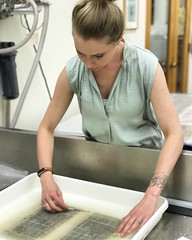
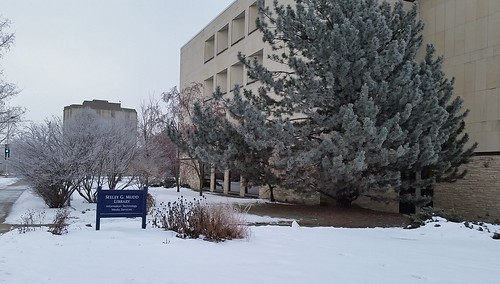 The annual winter break closure is quickly approaching, so be sure to get to the Mudd Library to pick up your books, movies, music, and scores to help you prepare for winter term (or catch up on the fun stuff).
The annual winter break closure is quickly approaching, so be sure to get to the Mudd Library to pick up your books, movies, music, and scores to help you prepare for winter term (or catch up on the fun stuff).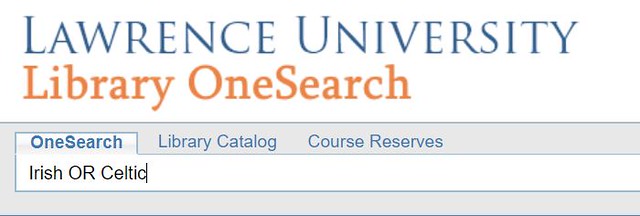





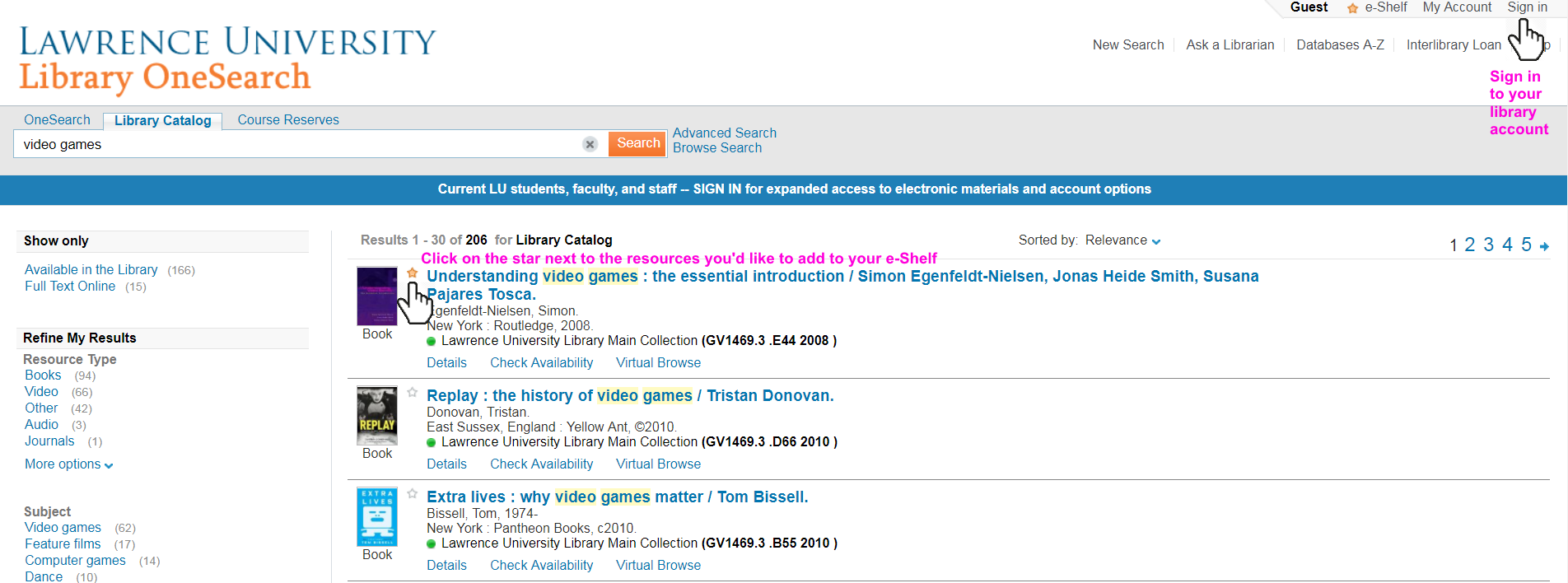
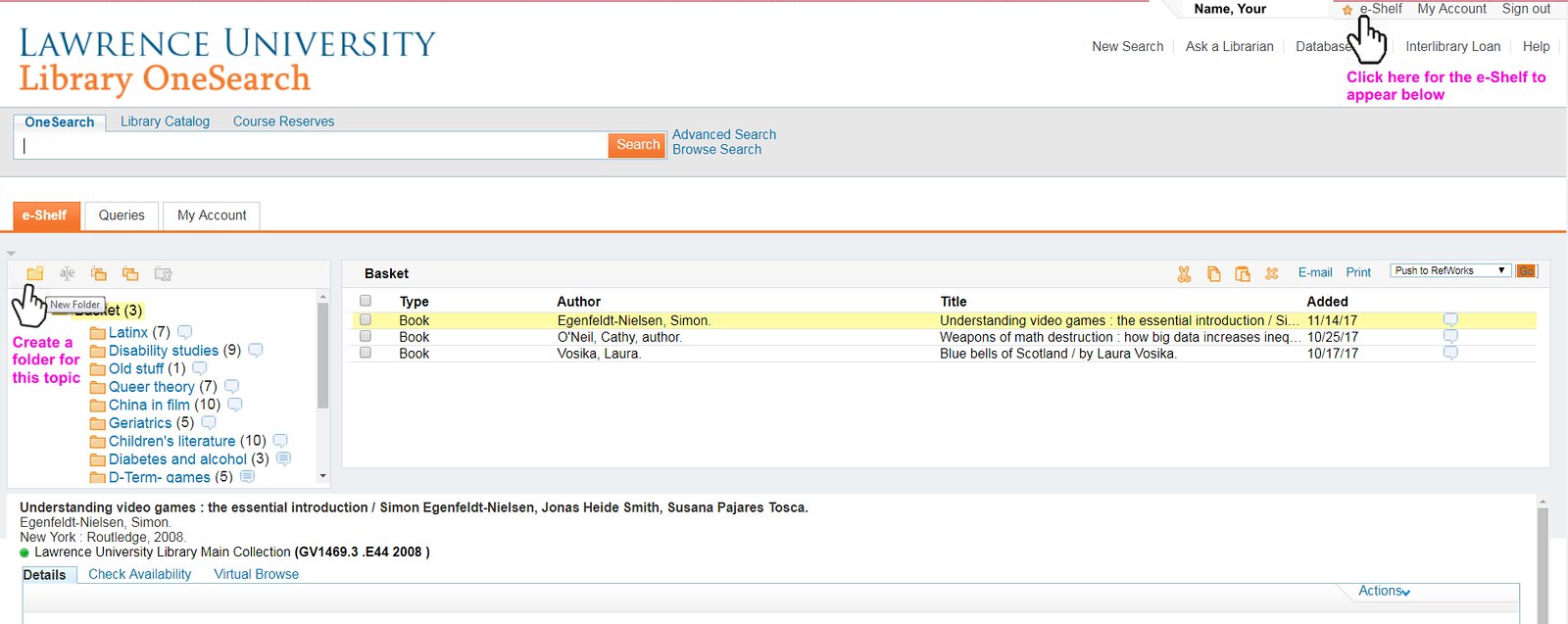
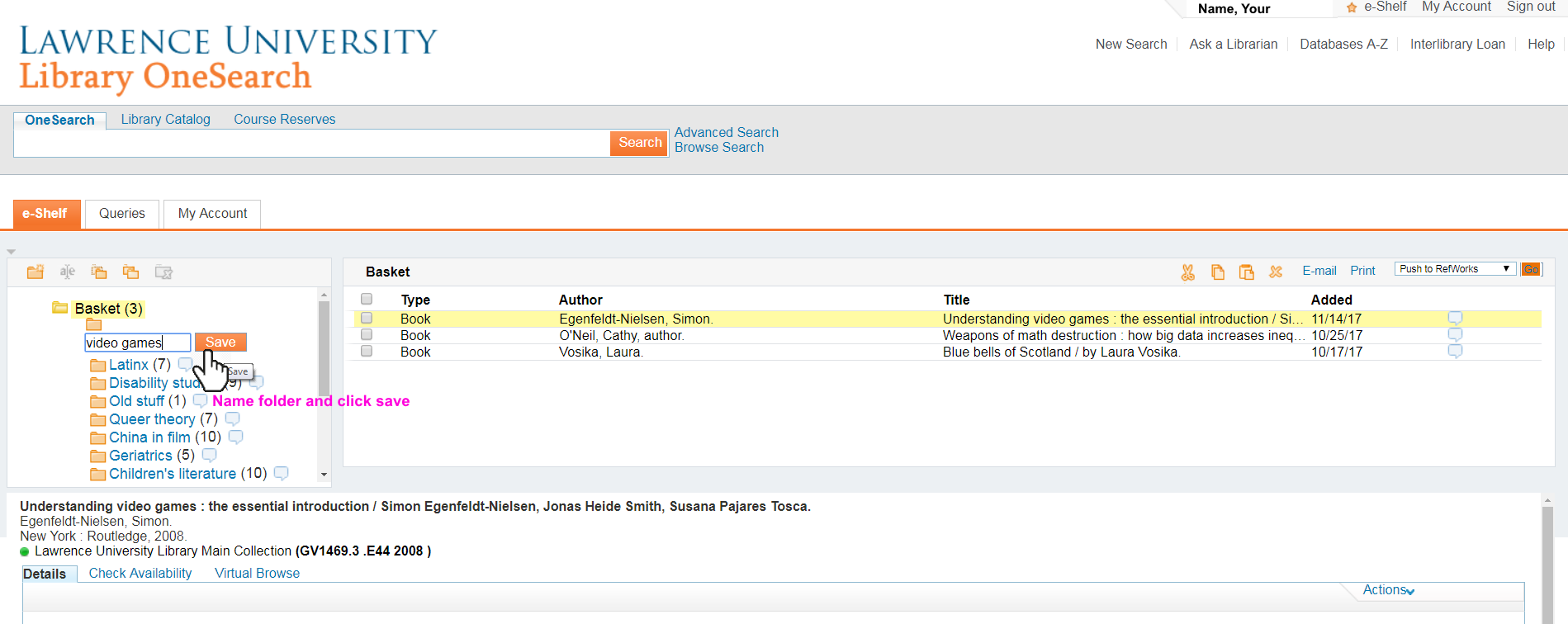
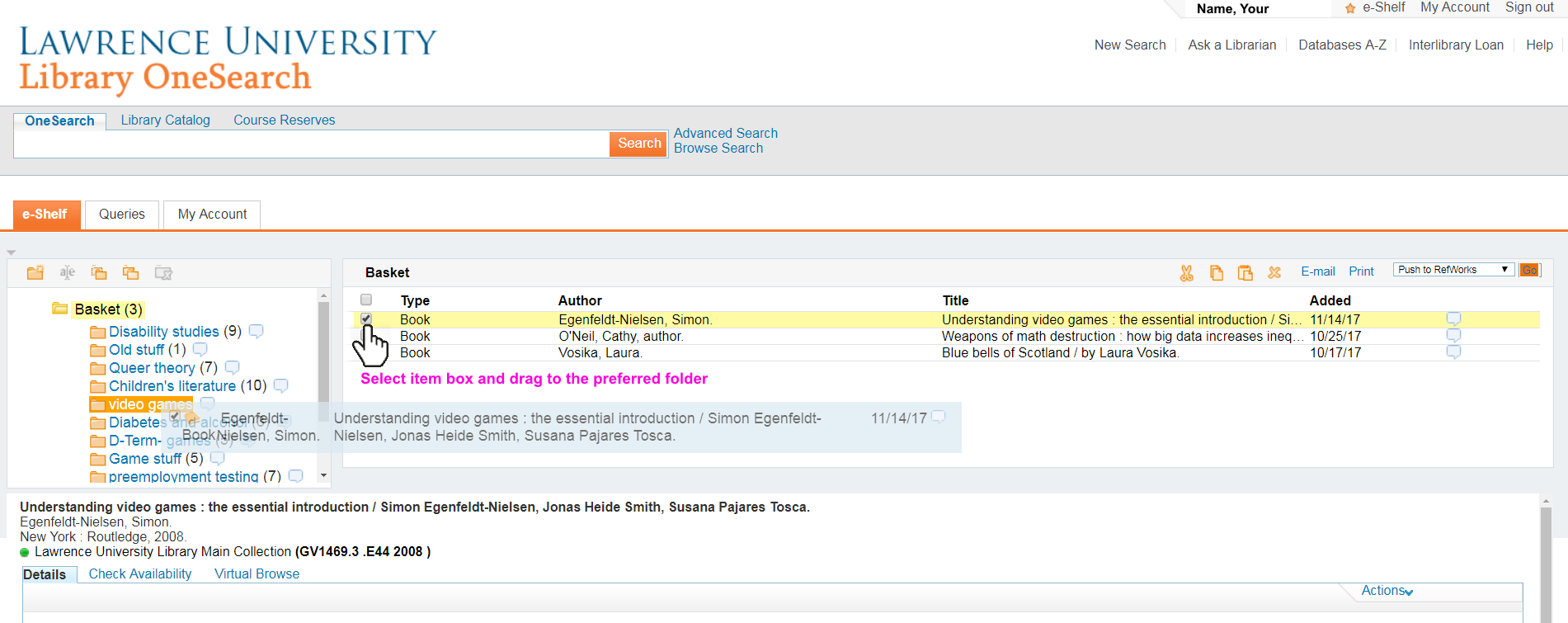

 Editor’s note: We invited Lawrence alumni who have gone into library work to share with us what they do and how they got there. Here’s another in a series.
Editor’s note: We invited Lawrence alumni who have gone into library work to share with us what they do and how they got there. Here’s another in a series. 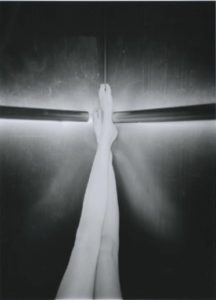 HOLGAVISION: New Holga Photographs
HOLGAVISION: New Holga Photographs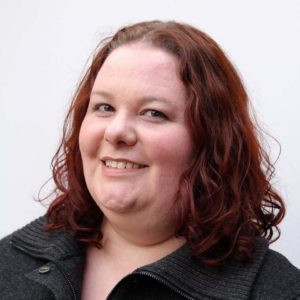 Editor’s note: We invited Lawrence alumni who have gone into library work to share with us what they do and how they got there. Here’s another in a series.
Editor’s note: We invited Lawrence alumni who have gone into library work to share with us what they do and how they got there. Here’s another in a series.